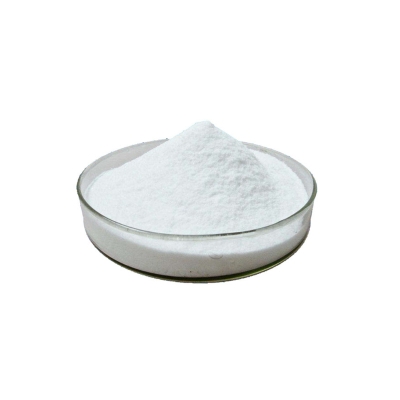-
Categories
-
Pharmaceutical Intermediates
-
Active Pharmaceutical Ingredients
-
Food Additives
- Industrial Coatings
- Agrochemicals
- Dyes and Pigments
- Surfactant
- Flavors and Fragrances
- Chemical Reagents
- Catalyst and Auxiliary
- Natural Products
- Inorganic Chemistry
-
Organic Chemistry
-
Biochemical Engineering
- Analytical Chemistry
-
Cosmetic Ingredient
- Water Treatment Chemical
-
Pharmaceutical Intermediates
Promotion
ECHEMI Mall
Wholesale
Weekly Price
Exhibition
News
-
Trade Service
▎WuXi AppTec content team editor
Numerous studies have demonstrated that glucagon-like peptide-1 (GLP-1) receptor agonists can bring cardiovascular health benefits
while lowering blood sugar and body weight in the treatment of type 2 diabetes.
At the same time, the results of some clinical trials have also shown that there are certain differences
in the efficacy and side effects of GLP-1 agonists between different populations.
Recently, The Lancet Diabetes & Endocrinology published a blockbuster pharmacogenomics study, clarifying genetic variants
related to the hypoglycemic efficacy of GLP-1 receptor agonists.
The researchers note that the current study is "the first, large-scale, genome-wide analysis based on candidate genes on the hypoglycemic efficacy of GLP-1 receptor agonists to date.
"
Screenshot credit: The Lancet Diabetes & Endocrinology
In the current genome-wide analysis study, the researchers included 4 prospective observational cohorts (DIRECT, PRIBA, PROMASTER, and GoDARTS) and 2 randomized clinical trials (HARMONY and AWARD) in adults with type 2 diabetes (age ≥ 18 years).
These patients had a baseline HbA1c ≥7% and were treated
with GLP-1 receptor agonists.
The primary endpoint of the study was a reduction in HbA1c levels within 6 months of initiation of GLP-1 agonist therapy
.
In addition, the researchers analyzed different forms of genetic variants of GLP1R and evaluated
their effects through genome-wide association studies and gene load testing.
Overall, a total of 4571 adult patients were included in the analysis, of which approximately 2140 (47%) were women
.
Differences in hypoglycemic efficacy (based on HbA1c assessment) of GLP-1 receptor agonists have been shown to be significantly associated with two genetic variants: GLP1R rs6923761G→A (Gly168Ser) and ARRB1 low-frequency variant
.
Image source: 123RF
GLP1R rs6923761G→A (Gly168Ser): GLP1R rs6923761 (Gly168Ser) was negatively associated with the hypoglycemic efficacy of GLP-1 receptor agonists, specifically, each serine allele copy resulted in a 0.
08%
reduction in HbA1c.
ARRB1 variants: Four forms of ARRB1 variants were positively correlated
with the hypoglycemic efficacy of GLP-1 receptor agonists.
These variants include: rs140226575G→A (Thr370Met), rs78979036G→A (Thr275Ile), rs58428187T→C (Ile158Val), and rs78052828T→C (Gly411Ser).
It is worth noting that the low-frequency rs140226575 variant is the main variant
driving the difference in efficacy of GLP-1 receptor agonists.
Combining the effects of these two genetic variants, approximately 4% of patients treated with GLP-1 receptor agonists (with ARRB1 variants) had an additional 30% reduction in HbA1c, while approximately 9% (with GLP1R variants) received GLP-1 agonists would have poor efficacy
.
.







